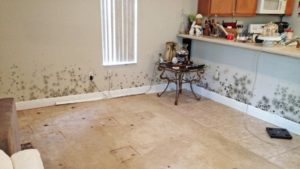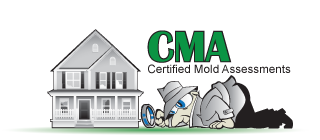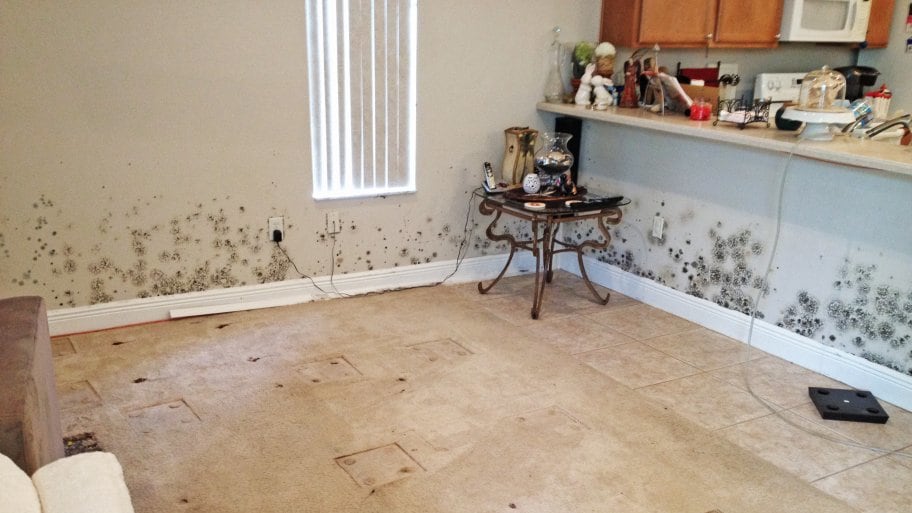 The sight of mold and mildew is understandably repulsive to most people, and when these unsightly invaders come into our homes, the first thing we want to do is grab a brush, cover the area with the strongest cleaning fluid we can find, and scrub away until there’s nothing left.
The sight of mold and mildew is understandably repulsive to most people, and when these unsightly invaders come into our homes, the first thing we want to do is grab a brush, cover the area with the strongest cleaning fluid we can find, and scrub away until there’s nothing left.
But hold on a second — should we really clean up household mold without thinking it through first? There are a number of reasons why the answer should be no:
1. Mold loves to grow out of sight
Often times, when you see mold growing on the surface of your home (whether in a bathroom, attic, basement, or any other room), the visible infestation is only half the story. In fact, it’s probably only a fraction of the mold that’s actually growing. Mold is very good at growing in places that are out of sight and hard to reach. That way it can expand and thrive without any problems.
Next time you see a visible mold infestation in your home, ask yourself: Is this really the extent of it? Or is it possible that the infestation goes deeper? It’s important to get a clear answer to this question — because if you clean up “surface mold” while leaving most of the infestation untouched, the problem really isn’t being solved.
2. Mold carries health risks
Often times, cleaning up a little bit of mold using established methods (and proper protective gear) will not really present any health risks. It’s certainly possible for the danger to be overblown and sensationalized. But the average homeowner is much more likely to be reckless about cleaning up mold, rather than overly cautious. This often comes down to a misunderstanding of the health risks.
There are many types of mold, and some are more toxic than others. Virtually all mold is toxic in sufficient quantities, however — and the symptoms of acute or long-term mold exposure are nothing you want to mess with. Respiratory problems and skin irritation are among the most common, especially amongst people who have pre-existing conditions such as asthma or eczema. Cognitive and neurological problems have also been document, especially when you move toward the extreme end of toxic mold exposure. For these reasons alone, it’s worth being extra cautious when deciding whether or not to clean up mold.
The professional solution
There are a lot of misconceptions about mold, and about mold cleanup in particular. There are even misconceptions about the specialists who offer mold testing and remediation services.
The best way to clear up these misconceptions and find out what strategy is right for your mold problem is to have a consultation with a reputable, upstanding mold prevention specialist in your area. Using special technology (e.g. infrared lights and scientific lab testing), the mold spores in your household atmosphere can be identified precisely. Hopefully (and in many cases) there is no need for large-scale mold remediation efforts. But if there is, you’ll be much happier you caught it and dealt with it professionally, instead of letting mold put your property and family’s health at risk.

